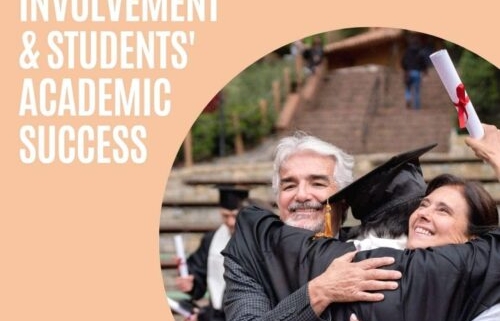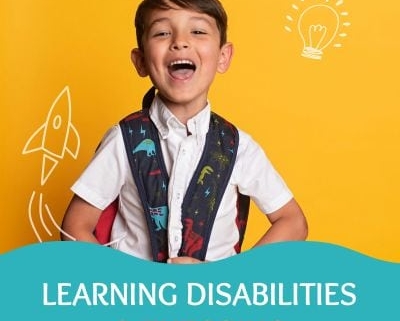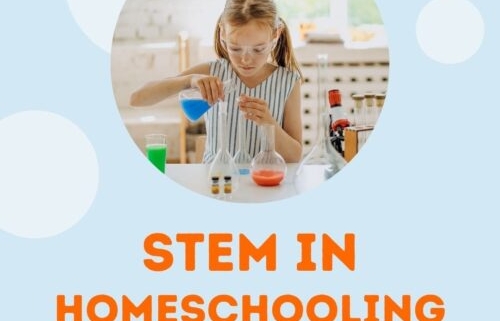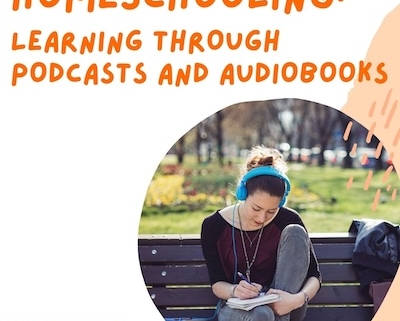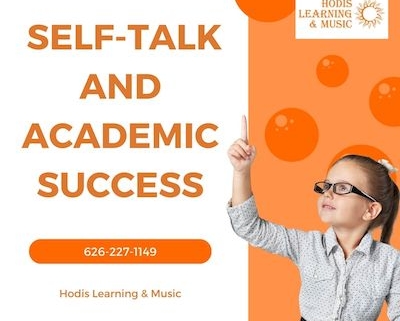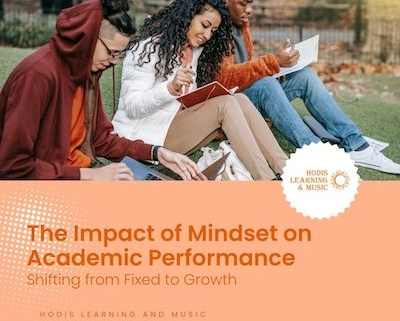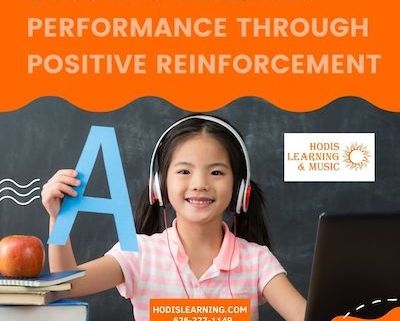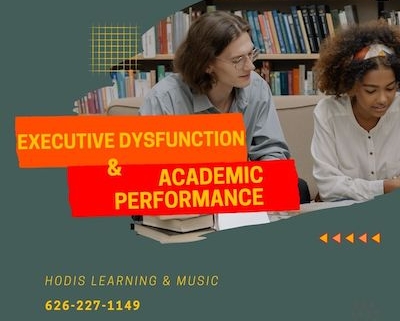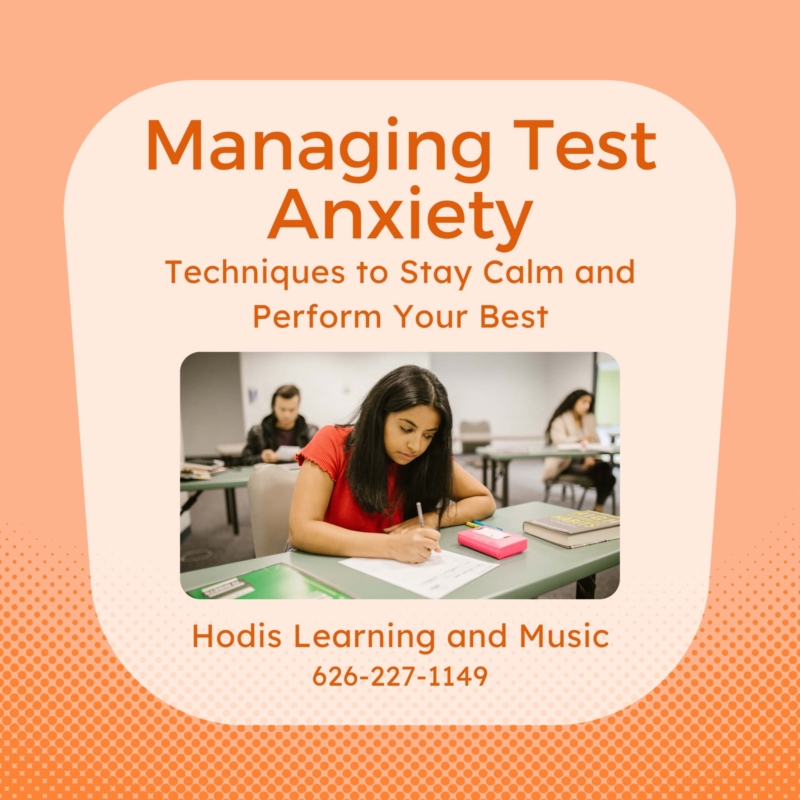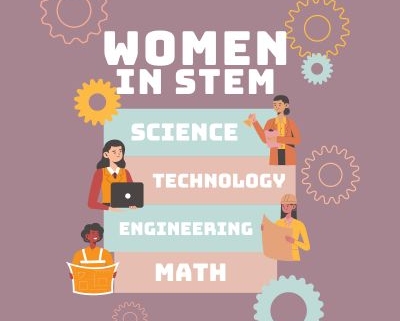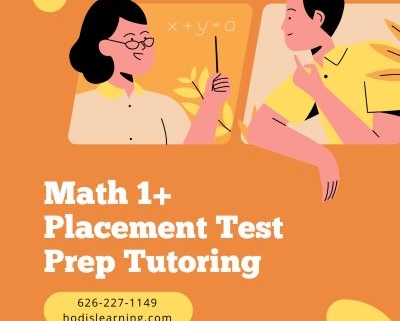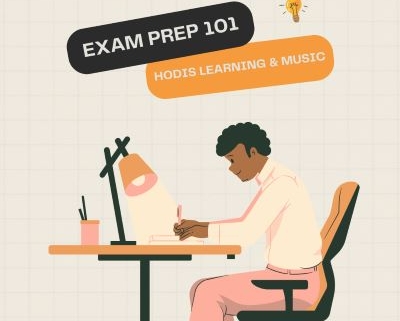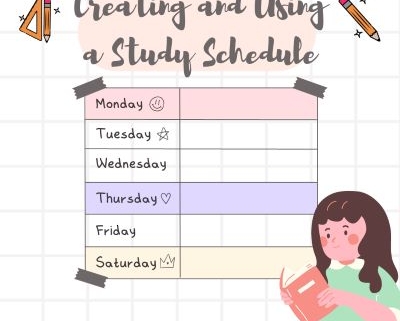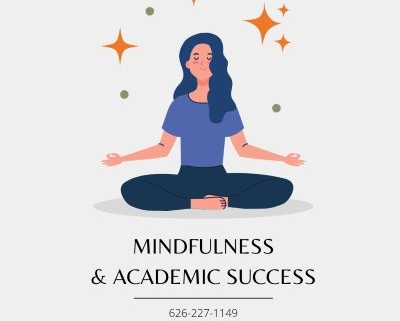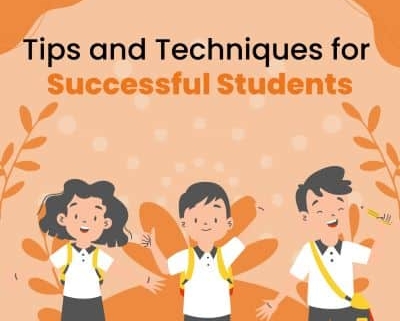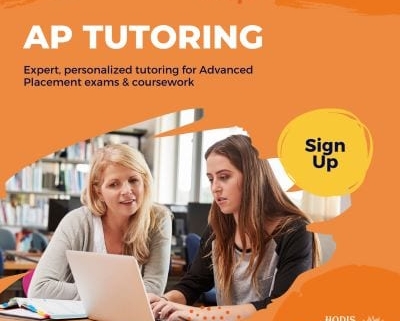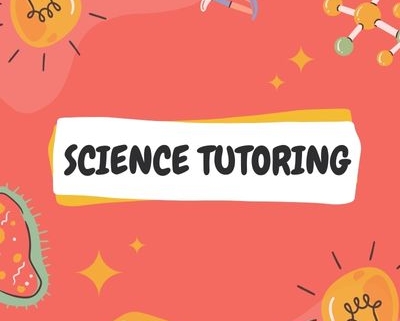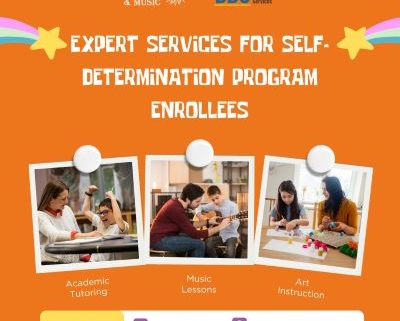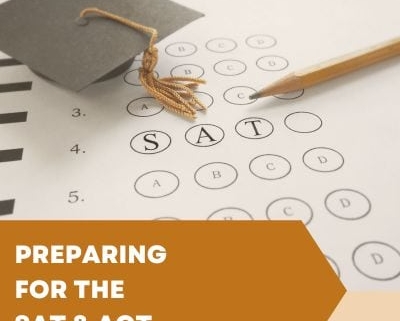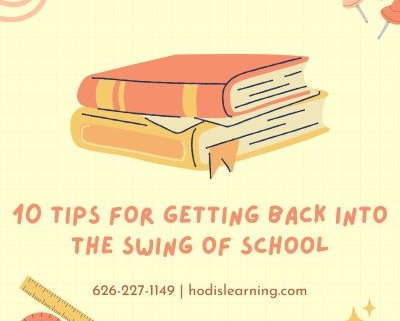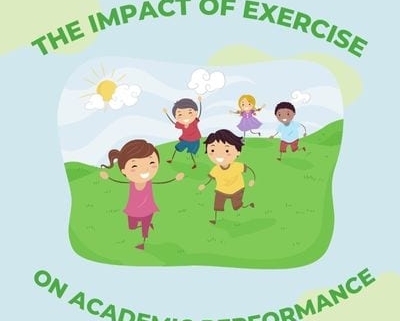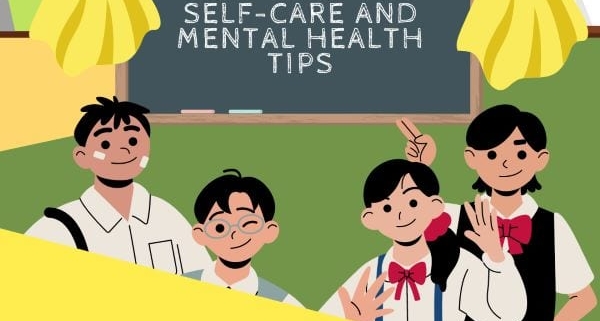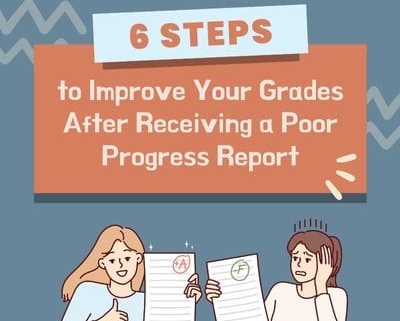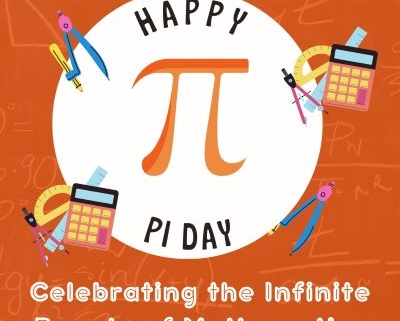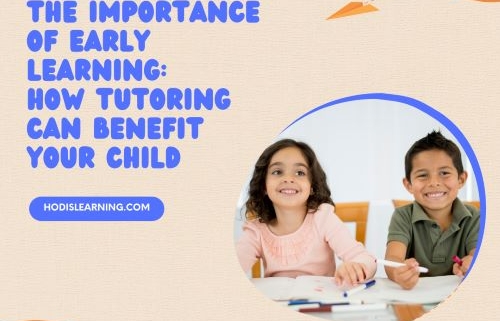One of the greatest benefits of homeschooling is its flexibility. Unlike traditional classrooms where teaching methods are often uniform, homeschooling allows parents and educators to tailor learning to fit each child’s unique needs.
One crucial aspect of this personalized approach is adapting lessons to various learning styles. Understanding and addressing your child’s learning style can enhance their engagement, comprehension, and retention, making their school more effective and enjoyable.
Understanding Learning Styles
Children learn in different ways, and these differences are often categorized into specific learning styles. By identifying your child’s learning style, you can adapt your teaching methods and resources to better match how they learn. The main types of learning styles are:
-
Visual Learning: Visual learners prefer to see and observe information. They often benefit from diagrams, charts, videos, and written instructions. Students with this learning style might struggle when given auditory explanations but excel when presented with visual aids that reinforce key concepts.
-
Auditory Learning: Auditory learners absorb information best through listening. They are often very good at remembering spoken words, sounds, and music. These learners benefit from lectures, podcasts, discussions, and even rhymes or songs that help reinforce lessons.
-
Kinesthetic Learning: Kinesthetic learners, also known as tactile learners, learn best through hands-on experiences. They often need to move, touch, or interact with their environment in order to understand concepts. These students thrive when lessons involve physical activities, experiments, or real-world applications.
-
Reading/Writing Learning: This learning style involves a preference for reading and writing. These learners excel when engaging with written materials such as books and articles. They may benefit from extensive note-taking, writing essays, and reading detailed instructions.
Adapting Your Homeschool Curriculum to Learning Styles
-
Visual Learners: For visual learners, consider using colorful diagrams, mind maps, flashcards, and videos that break down complex concepts. Visual learners often benefit from creating their own visual notes or illustrations to summarize lessons. Tools like whiteboards, slideshows, or even online platforms with interactive graphics can also help reinforce learning.
-
Auditory Learners: Auditory learners may benefit from reading lessons aloud, using audiobooks, or listening to podcasts on the subject matter. Incorporating discussions and debates into lessons gives auditory learners a chance to process information verbally. To further engage these learners, consider having them record themselves summarizing lessons or explaining concepts to others.
-
Kinesthetic Learners: For kinesthetic learners, incorporating movement and physical activity into lessons is key. Hands-on science experiments, art projects, cooking, and building models are excellent ways to bring abstract concepts to life. For example, math can be taught by using physical objects like blocks or coins to demonstrate mathematical concepts. Additionally, outdoor activities like nature walks or field trips help these learners make connections between classroom lessons and real-world experiences.
-
Reading/Writing Learners: Reading/writing learners often do well with written assignments and written instructions. To support their learning, provide plenty of reading materials like textbooks, articles, and novels that align with their lessons. Encourage these learners to write essays, journals, or reports to synthesize and analyze information. Writing notes, creating lists, and using written quizzes or worksheets can also help reinforce concepts.
Tips for Blending Learning Styles
While many children may have a dominant learning style, it’s important to recognize that most learners benefit from a mix of methods. Here are a few ways to blend learning styles for a more balanced approach:
-
Incorporate multimedia: Use a combination of visual, auditory, and kinesthetic elements in each lesson. For example, a history lesson can include a documentary (visual), a discussion (auditory), and a reenactment (kinesthetic).
-
Provide choices: When possible, give students the opportunity to choose how they want to engage with the material. For example, they could choose to write a report, create a video, or do a hands-on project to demonstrate their understanding.
-
Use interactive tools: Many educational tools, apps, and games are designed to engage multiple learning styles at once.
Conclusion
Adapting to different learning styles is an important aspect of homeschooling that can significantly enhance a child’s educational experience. By recognizing how your child learns best—whether through sight, sound, touch, or reading—and tailoring your lessons accordingly, you can foster a deeper understanding and a love for learning. To learn more about Hodis Learning & Music’s homeschool program, call us at (626) 227-1149 or submit a form on our website today!



